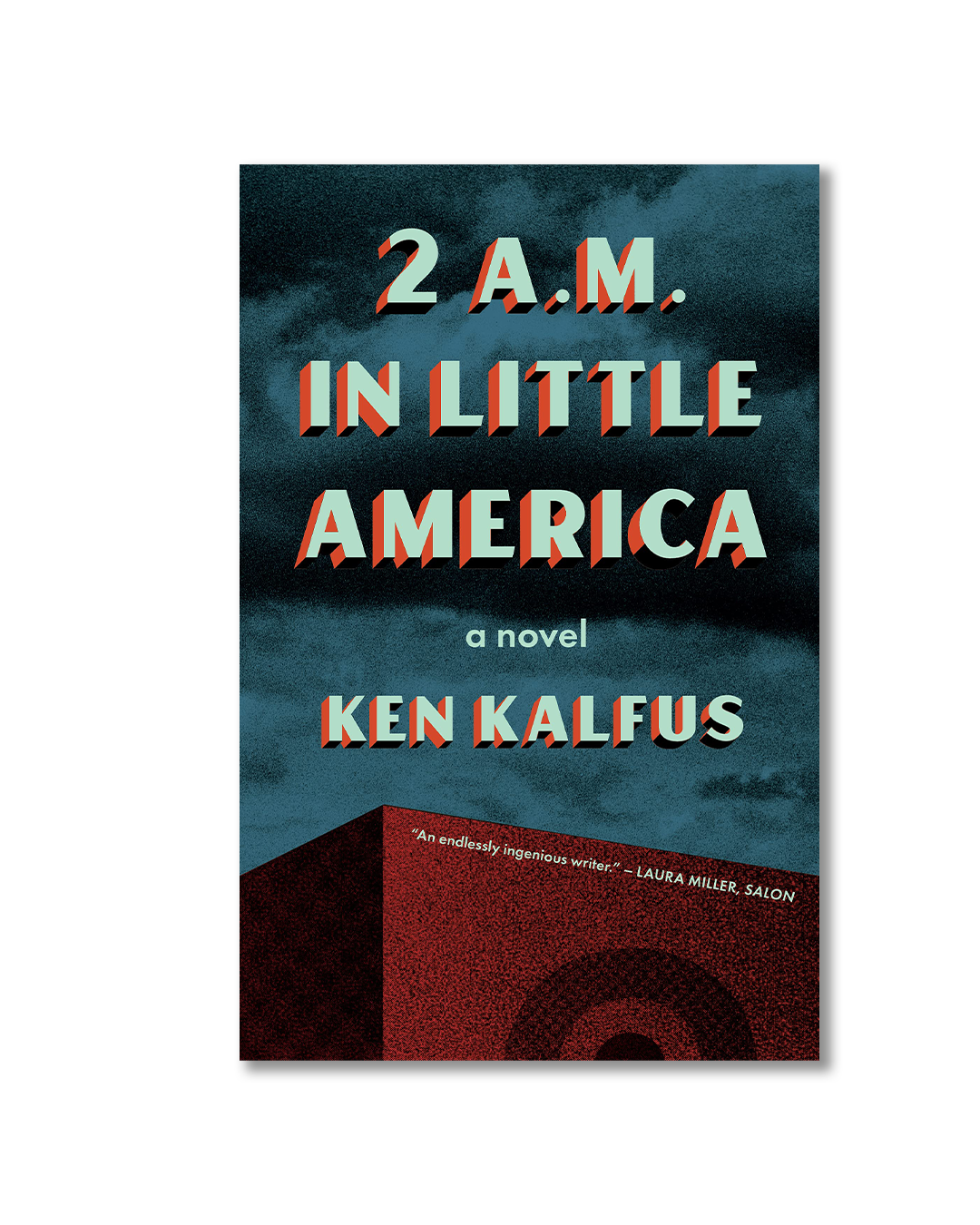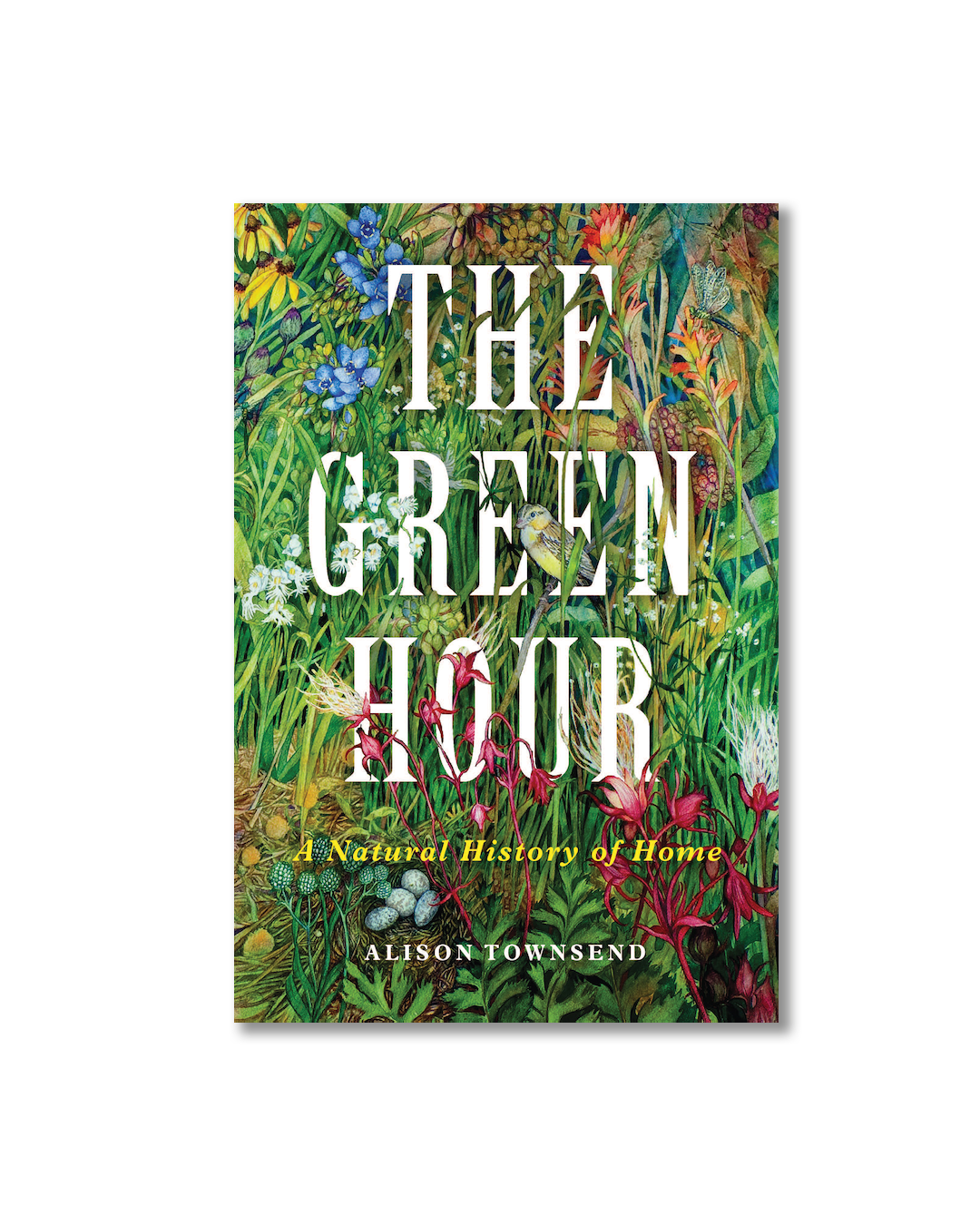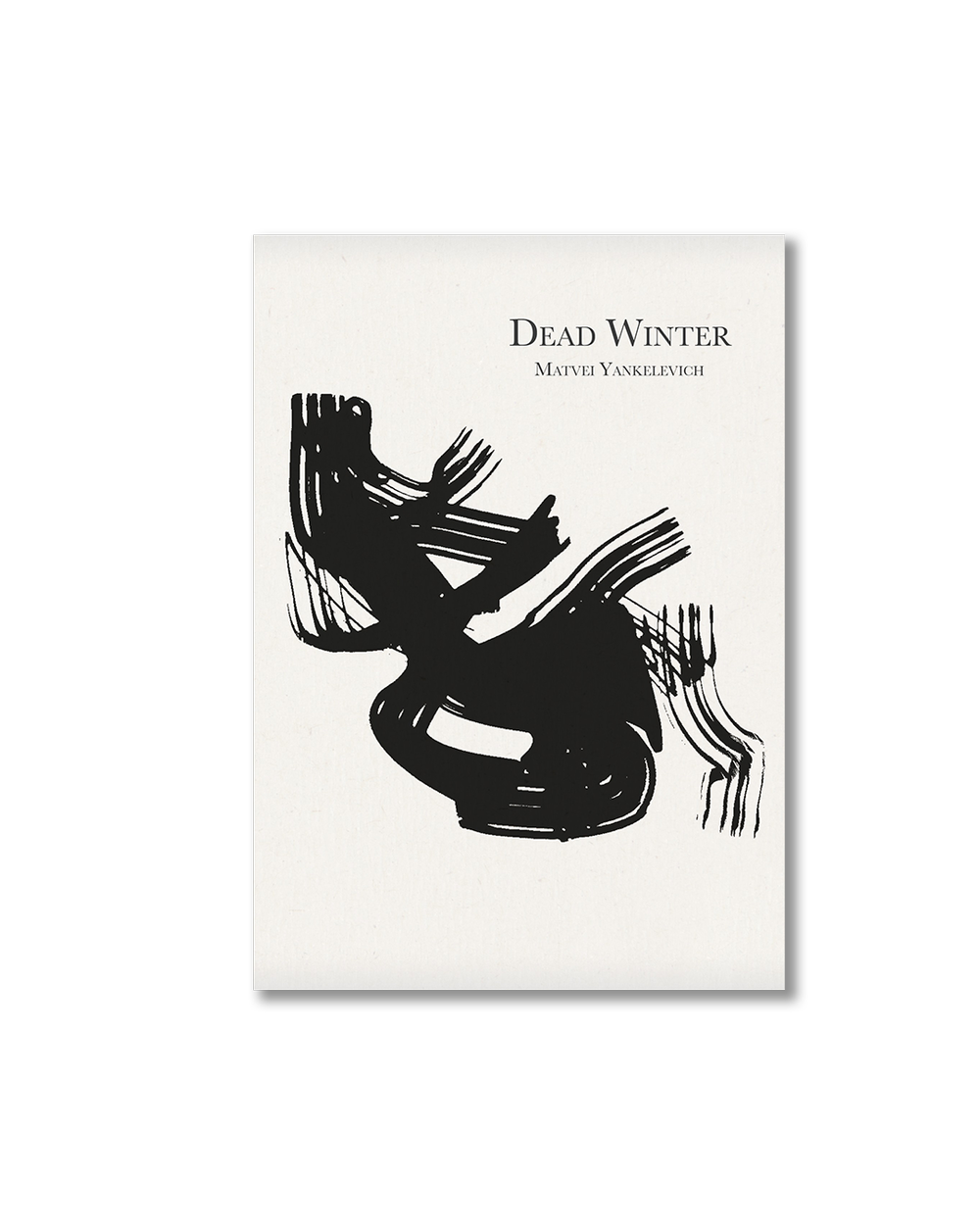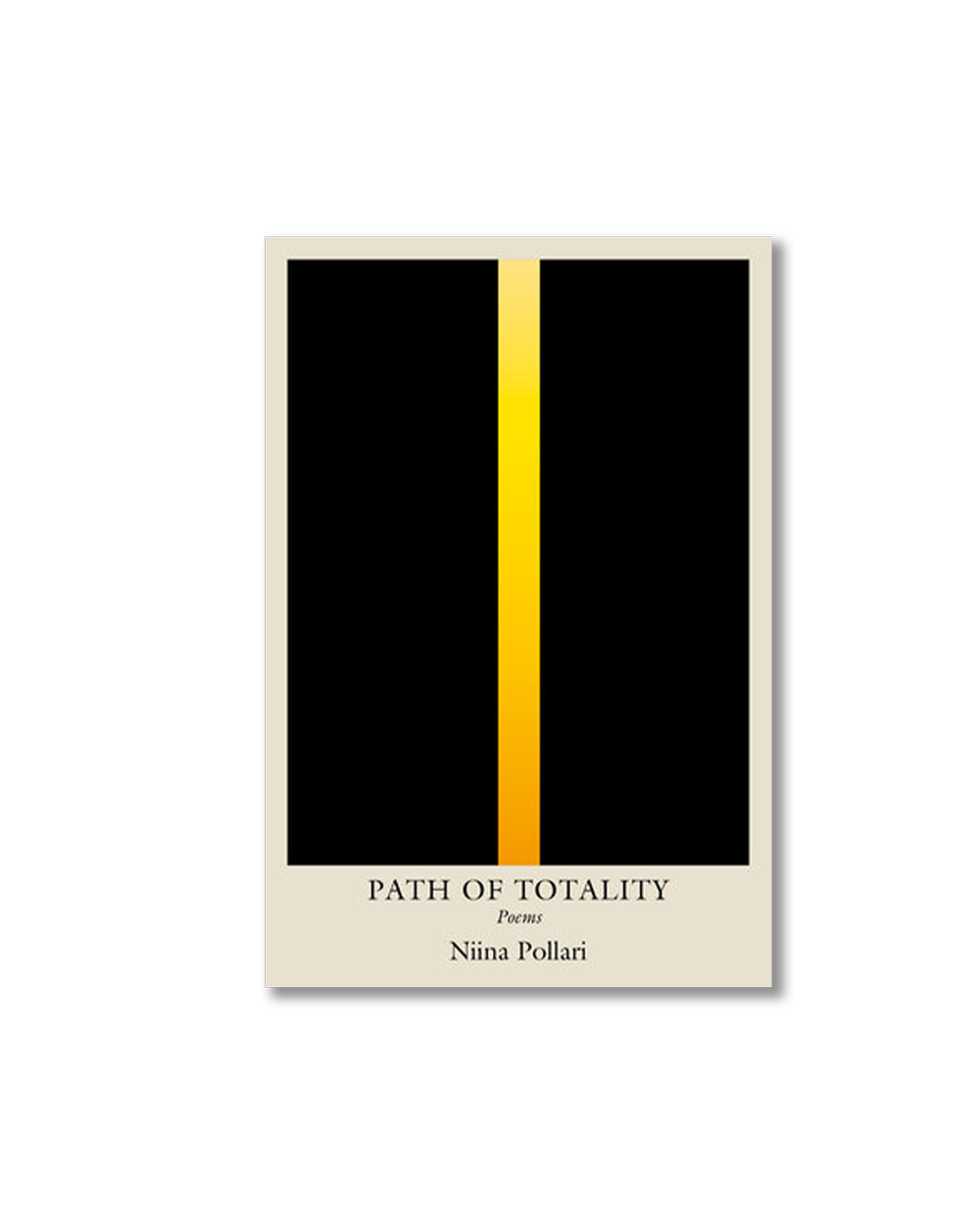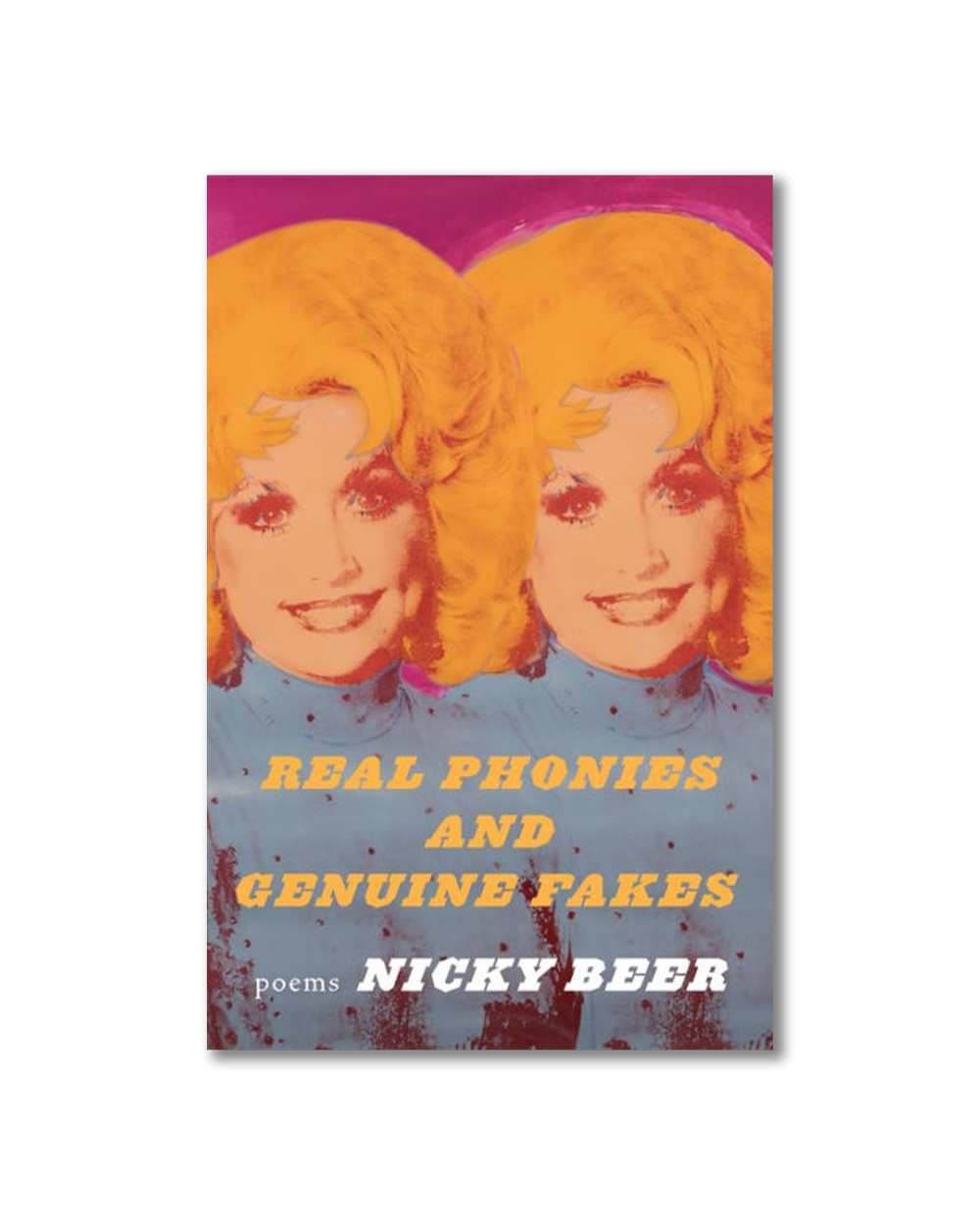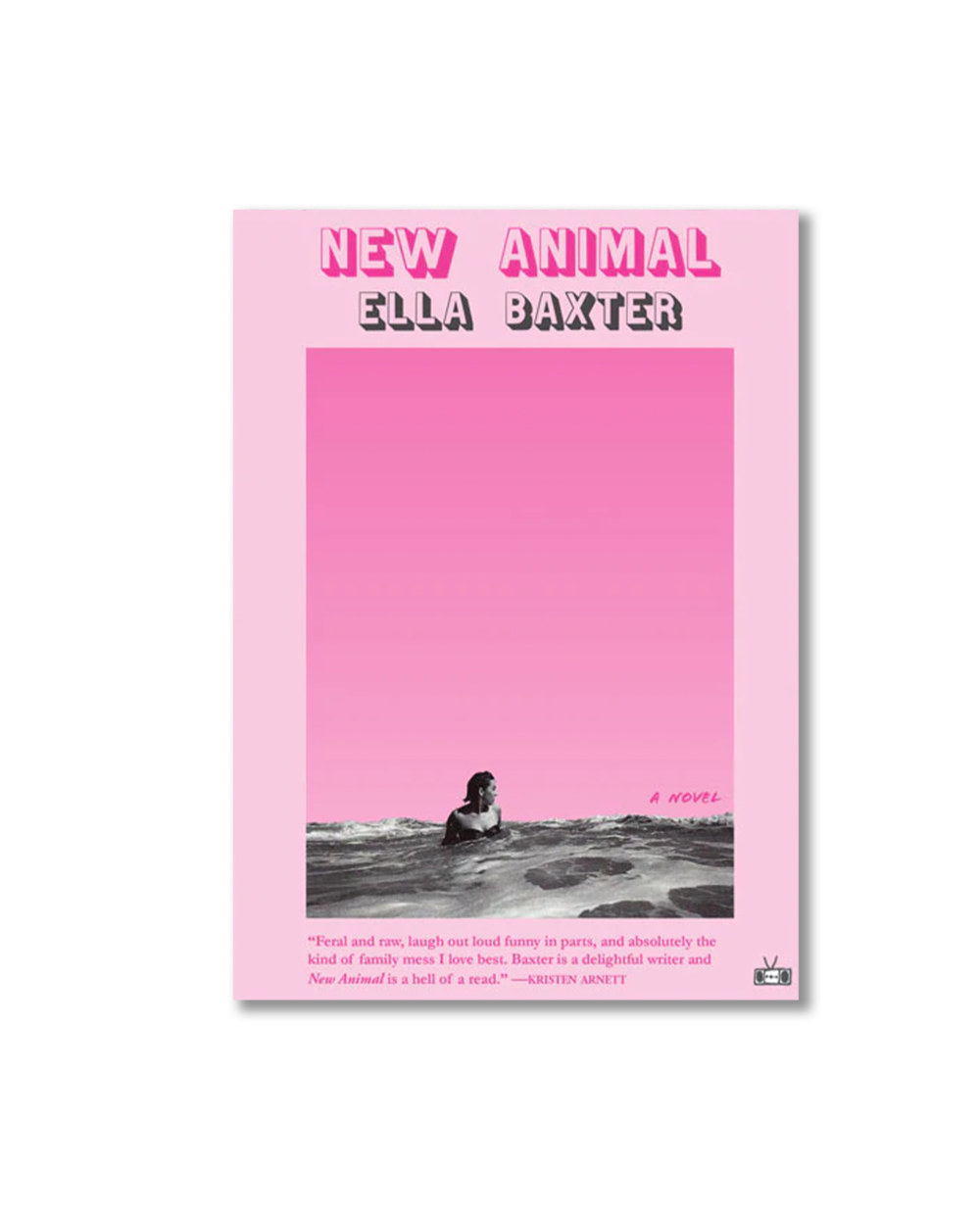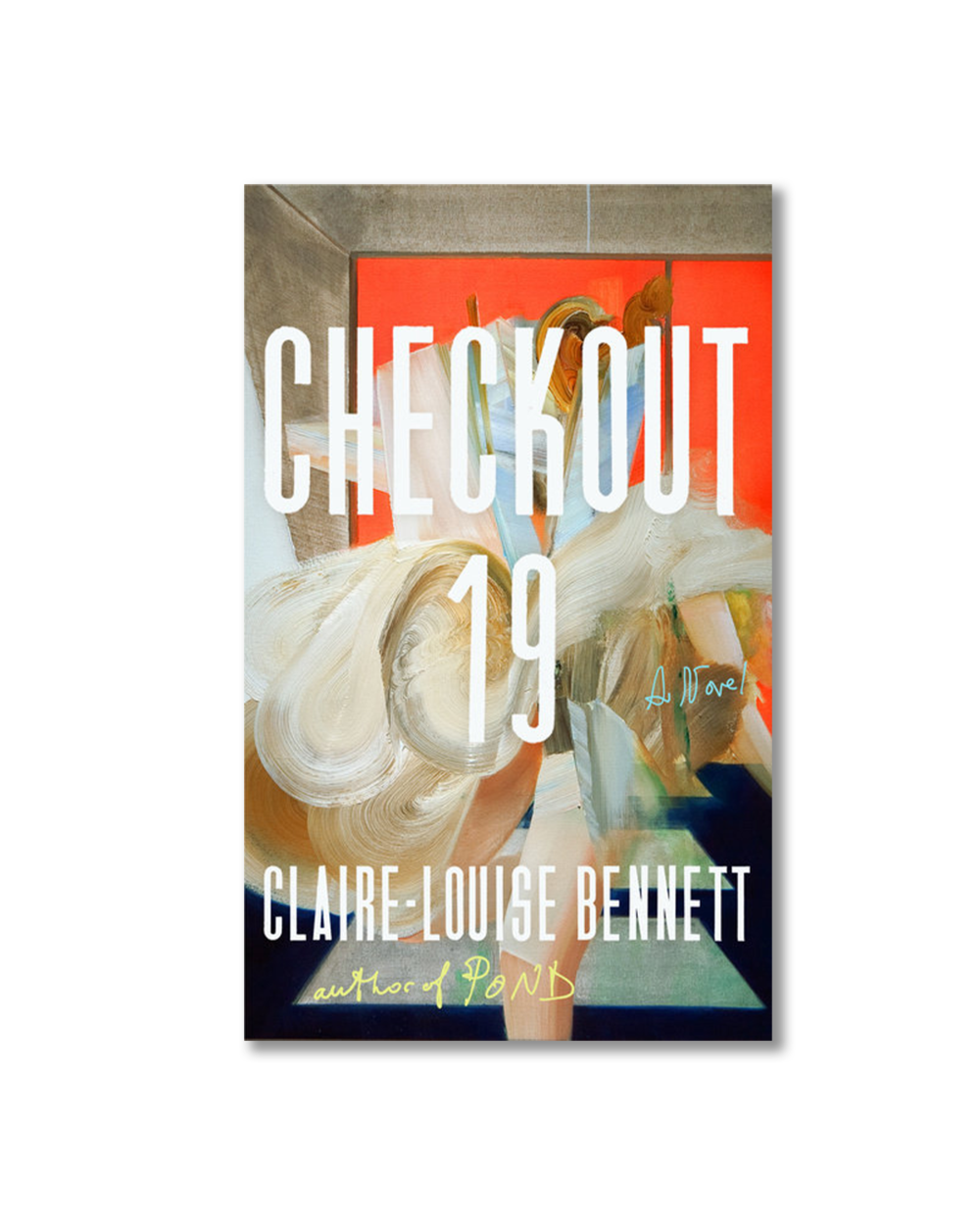Disassociation and Diaspora: On Ken Kalfus' "2 A.M. in Little America"
It’s 2 a.m. in a small enclave of American refugees living abroad.
Asphalt and Sand: A Material History of Extraction and Consumption
I’m writing this in a plane flying south over California, from San Francisco, where I grew up, to Santa Barbara, where I attend grad school.
The Squanderer and the Seduced: On Fernanda Melchor's "Paradais"
Paradais, Fernanda Melchor’s second book translated into English, opens with two teenage boys drinking rum outside a luxury housing development.
Secular and Divine: On Brooke Sahni's "Before I Had the Word"
Brooke Sahni’s debut poetry collection, Before I Had the Word, chosen by Maggie Smith as the Winner of the 2020 X. J. Kennedy Poetry Prize, explores generational ties to grief, sex, family, and religion.
The Art of Noticing: On Alison Townsend's "The Green Hour"
The first time I saw an image of William Sommer’s “Winter Landscape” painting, I was doing something unmemorable online; but I remembered the moment I saw it perhaps even more than I remembered the painting itself because it so strongly evoked the view from my childhood bedroom window.
Brevity Creates Breadth: A Review-Interview with Kalani Pickhart on "I Will Die in a Foreign Land"
When readers need to know a century’s worth of history to comprehend a novel’s dynamics, a fiction writer confronts a task that may appear simple but is actually excruciatingly difficult.
Poetry as Prose: On Irene Solà's "When I Sing, Mountains Dance"
Irene Solà’s novel When I Sing, Mountains Dance starts with a storm personified and a person disembodied.
Something Like the Ghost of Meter: On Matvei Yankelevich's "Dead Winter"
Matvei Yankelevich’s new collection Dead Winter draws its poems from a longer sequence, still in progress, whose overall title is “From A Winter Notebook.”
The Anxiety of Interpretation: On Niina Pollari's "Path of Totality"
Sentences that might represent a life-altering pain, the ongoing experience of that pain, are not the tragedy itself.
"Feminine" Passions: On Aoko Matsuda's "Where the Wild Ladies Are"
Before bedtime, in their two-room apartment on the outskirts of postwar Tokyo, my great-grandfather would tell my obāchan and her siblings ghost stories, like those retold in Aoko Matsuda’s short story collection, Where the Wild Ladies Are.
Fake Selves and Real Grief: On Nicky Beer's "Real Phonies and Genuine Fakes"
Nicky Beer begins her newest poetry collection Real Phonies and Genuine Fakes with an epigraph from Bjork: Don’t let poets lie to you.
What America Is: On Michael C. Steiner's "Horace M. Kallen in the Heartland"
The debate over nationalism, multiculturalism, and how diversity affects national identity isn’t new.
The Suppression of the Body: On Ella Baxter's "New Animal"
Ella Baxter has emerged with New Animal, her debut novel about Amelia, a woman lost amid fraying personal relationships and newfound grief.
All Have a Voice: On David Yezzi's "More Things in Heaven"
Contemporary poetry is haunted by what Keats called, in reference to Wordsworth, the “egotistical sublime.”
The Persistence of Little Words: On Claire-Louise Bennett's "Checkout 19"
It would be easy to say Claire-Louise Bennett’s second novel, Checkout 19, is a love letter to books.
A New Silent Grammar: On Solmaz Sharif's "Customs"
Solmaz Sharif’s spectacular sophomore collection, Customs, is filled with crushing poems that carry weariness, rebuilt and disrupted again and again.
"Joy, said Grandma, is Resistance": On Miriam Toews' "Fight Night"
It should be surprising that Fight Night, Miriam Toews’ eighth novel, is touted as a “feel good” book—the L.A. Times calls it the “Ted Lasso of novels, for better or worse.”
The Photographic Moment: On Kate Palmer Albers' "The Night Albums"
“Breathe normally,” the nurse says to me.

